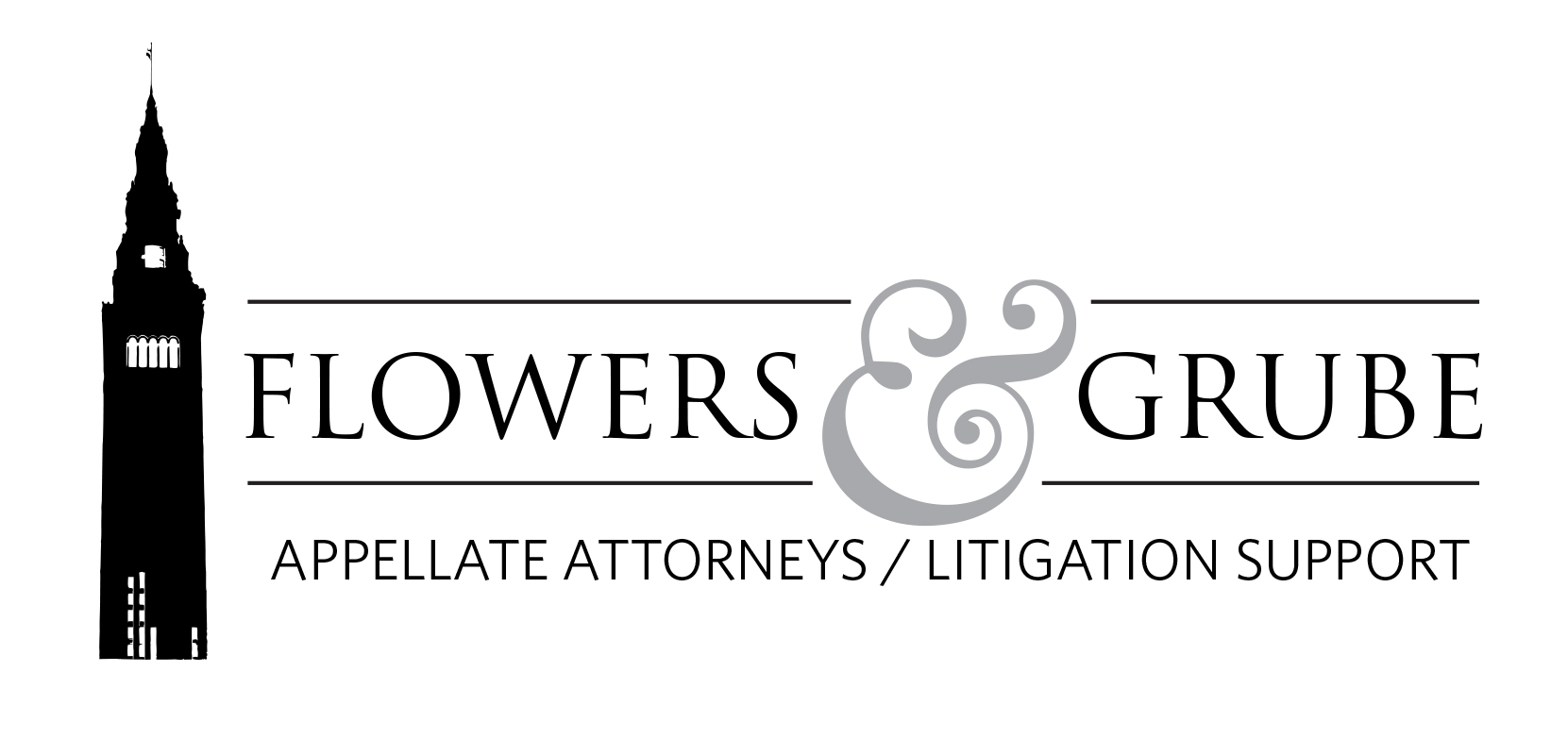Santos Background
The Santos class action has been a collaborative effort between Bashein & Bashein Co. L.P.A. of Cleveland, Ohio, Paul W. Flowers Co., L.P.A. of Cleveland, Ohio, Dworken & Bernstein Co. of Painesville, Ohio and Dyer, Garofalo, Mann & Schultz of Dayton, Ohio.
On October 15, 1999, a Complaint was filed seeking the return of subrogation payments that had been made by approximately 8,000 injured Ohio workers to the Bureau of Workers Compensation. The Bureau Administrator, James Conrad, had been requiring claimants who had successfully secured civil judgments and settlements against third parties (at their own expense) to turn over a substantial portion of their recoveries. It was argued in the pleading that the statues that authorized these collection efforts, R.C. §4123.93 and §4123.931, violated the Ohio Constitution’s guarantees of due process, equal protection, jury trials, and meaningful remedies. Claims for damages against the State must generally be litigated in the Court of Claims in Columbus, where the judges are appointed by the Governor. During the preparation of the Santos Complaint, counsel concluded that a claim of such magnitude could be more fairly and justly resolved by one of the elected judges on the Cuyahoga County Court of Common Pleas. In order to file the lawsuit in that jurisdiction, the class members’ theories of recovery had to be limited to the equitable and declaratory remedies specified in R.C. §2743.03(A)(2). More specifically, the class members demanded an equitable disgorgement of the improperly collected funds, appropriate declaratory relief, and an injunction against any further unconstitutional activity. Through the Office of Attorney General James Petro, Bureau Administrator Conrad denied that any refunds were owed.
The litigation gained considerable momentum on June 27, 2001 when the Ohio Supreme Court issued its ruling in Holeton v. Crouse Cartage Co. (2001), 92 Ohio St.3d 115, 2001-Ohio-109, 748 N.E.2d 1111 and held that the workers’ compensation subrogation statute, R.C. §4123.931, was unconstitutional in its entirety. Attorney General Petro’s office proceeded to file a Notice of Concession in the Santos class action acknowledging that the State could not lawfully force injured workers to repay their benefits pursuant to the invalid statute. Still, the Bureau flatly refused to refund any of the money that had been collected from the injured workers before the Supreme Court could determine that the legislation was unenforceable. Class counsel therefore continued to pursue their claims against the State.
Over the Bureau’s opposition, Judge Burt W. Griffin approved class certification on September 18, 2001. During a pre-trial hearing that was conducted a few days later, he advised the attorneys that he had also decided to grant the Plaintiff’s Motion for Summary Judgment and order the return of the funds. Before he could formally journalize his ruling, Attorney General Petro’s office filed a Notice of Appeal which removed the action from Judge Griffin’s courtroom.
In a surprising development, the Cuyahoga County Court of Appeals opinion of June 6, 2002 dismissed the class action for lack of jurisdiction. Plaintiffs’ counsel immediately submitted a Memorandum to the Ohio Supreme Court seeking further review. This request was granted and a Brief and Reply were filed on behalf of the class members urging reversal of the Court of Appeals ruling. On January 21, 2004, a decision was issued authored by Justice Maureen O’Connor. The Court held that the lawsuit had been properly filed in the Cuyahoga County Court of Common Pleas and reversed the appellate court determination. In the unanimous view of the seven Justices, even the state government can be required to repay “wrongfully” collected funds in accordance with longstanding principles of equity.
Notwithstanding this directive, Bureau Administrator Conrad continued to oppose the class members’ claims for refunds. When the lawsuit was returned to the Cuyahoga County Court of Common Pleas to carry the Supreme Court’s mandate into execution, Attorney General Petro’s office filed numerous motions and briefs imploring Judge Griffin to re-open the proceedings and permit the State to argue that the payments had all been made “voluntarily.” Each of these requests was denied and a judgment was entered in favor of the class members on December 28, 2004 ordering the return of all the funds that had been collected totaling $51,815,959.64.
